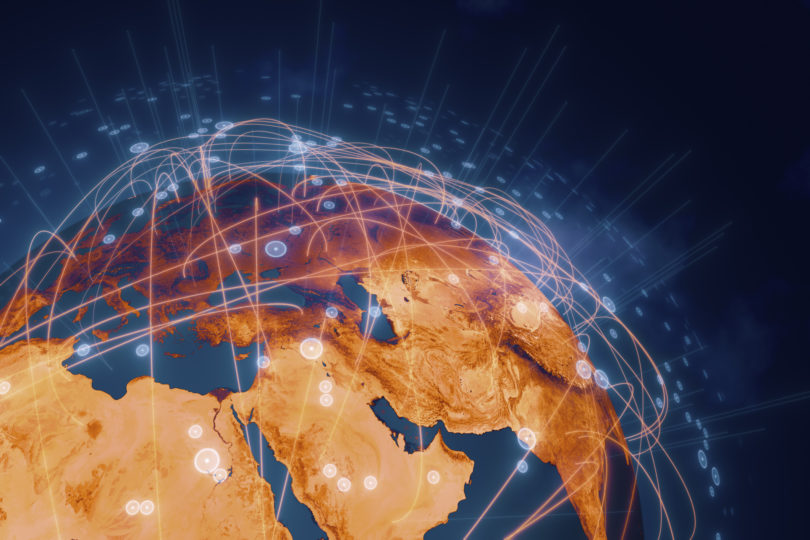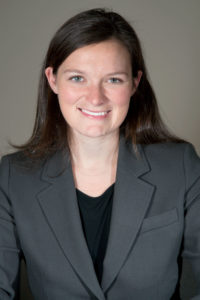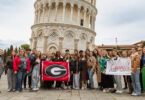More than 100 international social scientists are working together to collect immediate and longitudinal information on the key social science factors that might predict the spread of COVID-19. The project, known as PsyCorona, will pair social and data scientists to connect data across multiple layers—individual survey reports from 10,000-plus participants from more than nine countries, satellite data documenting social distancing, and World Health Organization data on county-level spread of the disease.
The project will use a survey at psycorona.org to capture data prior to increasing spread.
University of Georgia associate professor of psychology Michelle VanDellen is assisting in coordinating the various research projects. She will connect and facilitate teams that are interpreting data across the multiple levels.
“We want to know how COVID-19 affects different people and cultures, and to mobilize our teams of behavioral scientists to identify targets for rapid intervention to slow the spread of the pandemic and minimize its social damage,” VanDellen said.
Scientists for the team are operating on a largely volunteer basis. After learning about the project, many reached out to contribute their expertise and time.
The operation is led by Pontus Leander at the University of Groningen in the Netherlands and Jocelyn Belanger at NYU Abu Dhabi. Groningen and NYU Abu Dhabi provide scientific, strategic and operational guidance, but researchers operate autonomously in their own countries. To ensure global representation and accessibility, researchers are translating the survey into multiple languages.
“It is a necessary time for psychological research. In times of peace, we develop theories and tools and test them in our laboratories. In times of crisis, we put those theories and tools to the test,” Leander said.
Three phases are planned. Phase 1 is the initial, cross-sectional survey that includes a request for an email address and permission to record their IP addresses. Phase 2 is the weekly recontact for those who provided their email; Phase 3 is a data science mission, wherein researchers link individual-level data to interdisciplinary data, such as virus spread mapping or “social distancing” tracking, using participants’ timestamps and geolocation (inferred from their ZIP codes).
Phase 1 goal is to recruit the maximum number of participants possible, worldwide, in the next two weeks.
“Civilization is changing rapidly. Many people are wonderfully resilient, whereas others need help and support,” Leander said.
The survey is available at https://psycorona.org/








